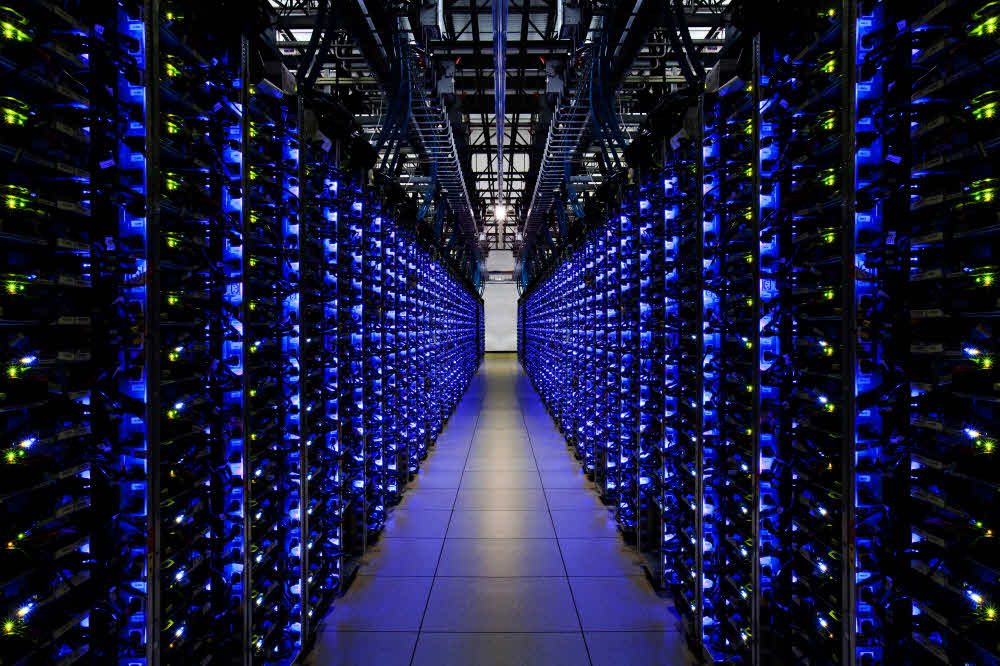
The possibility of introducing artificial intelligence technology in the data center is also increasing. DeepMind, a British artificial intelligence developer who was acquired by Google in 2010, announced that it succeeded in reducing the cooling efficiency of Google data centers by 40% in 2016 through AI.
Google’s data centers around the world are helping to support Google search and Google services like Gmail and YouTube. Increasing data center efficiency will certainly improve the quality of Google services. Google is constantly updating its data center system for this reason.
One of the most important things when talking about data center quality is cooling efficiency. Cooling for a data center that generates tremendous heat is important because the data center is stable.
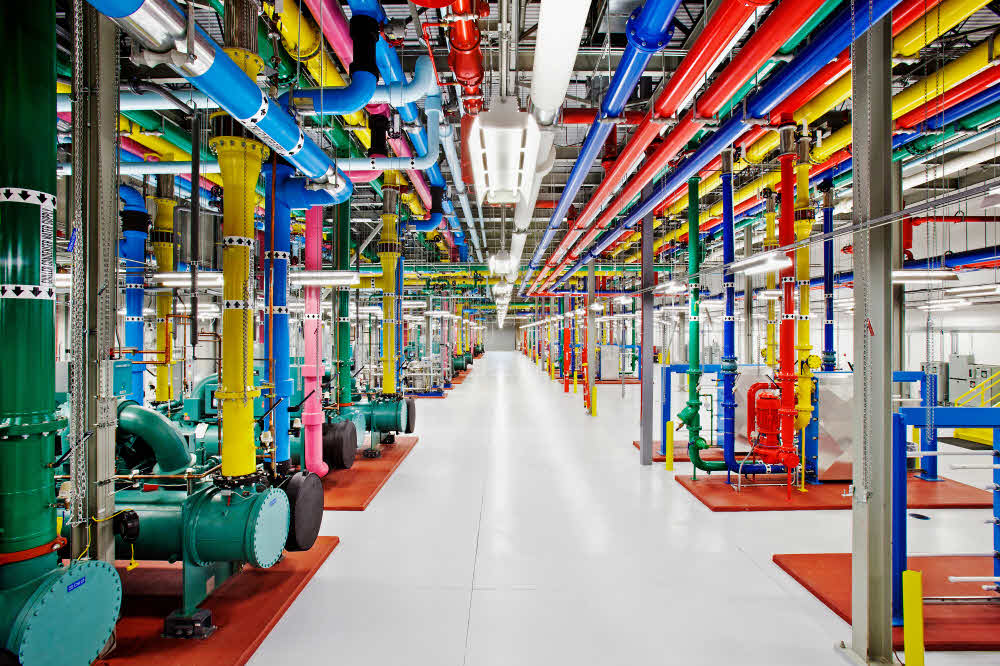
In addition, the energy required to cool the data center accounts for most of the energy used by the data center. Saving cooling energy also helps to lower the environmental load. As a result, Google has continued its efforts to increase cooling efficiency and save energy.
However, data center cooling systems have the problem that the devices that make up the data center are too complex and nonlinearly interrelated, making it difficult to solve them by theory or human intuition. Data centers located around the world have a realistic difficulty because they can not be applied to other centers even if they develop an optimized cooling model because the environment or architecture is different. For this reason, data center cooling system efficiencies are not enough to build a common level framework. It is difficult to streamline the entire data center cooling system.
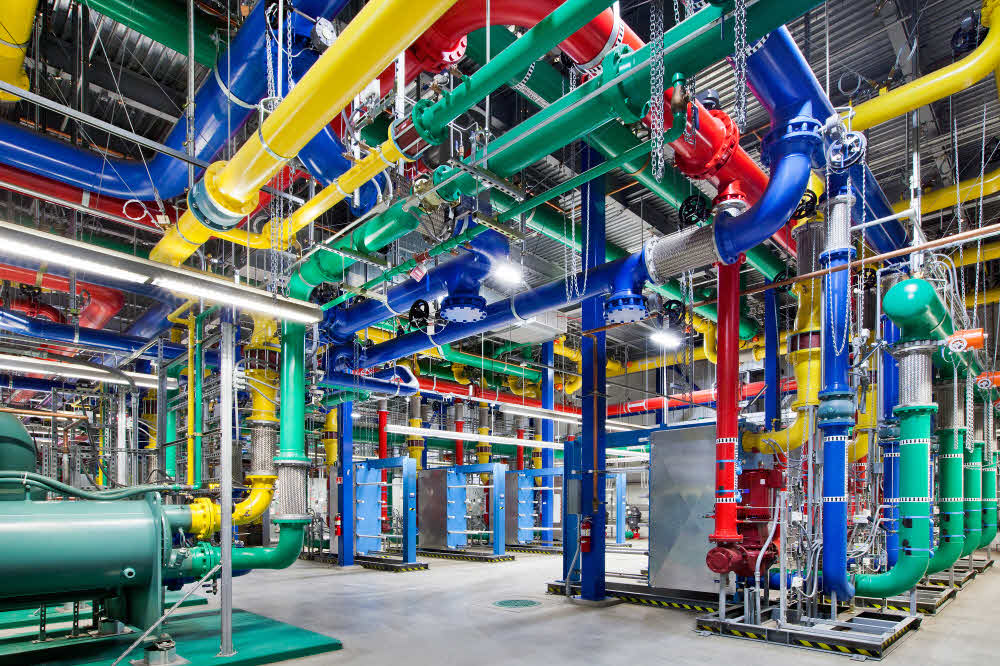
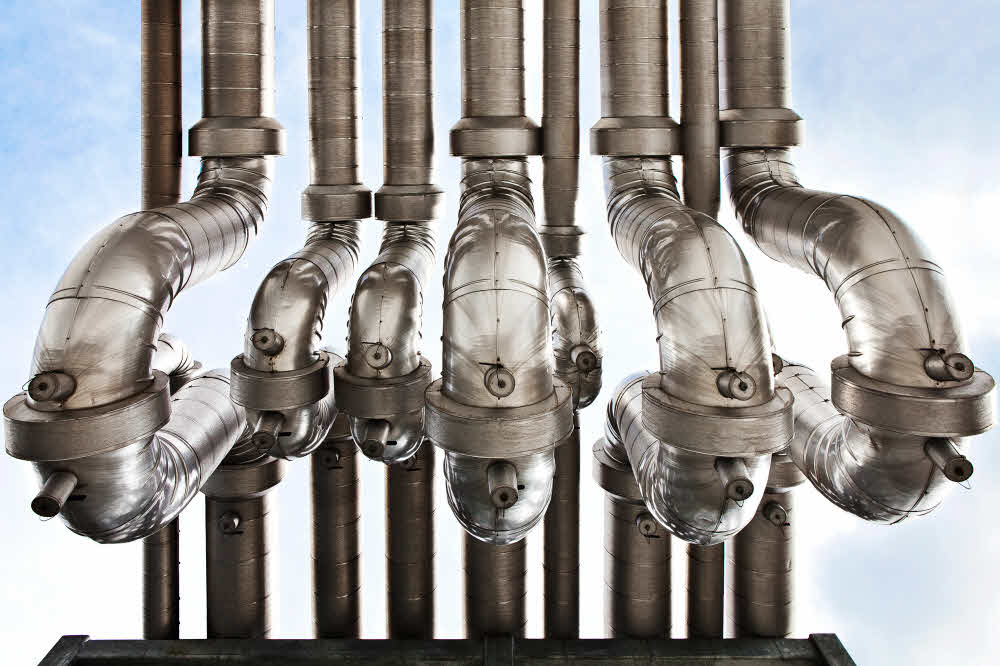
Since 2014, Google has been trying to increase efficiency as a model for predicting data center usage through machine learning, combining machine learning with data center cooling efficiency. Deep Mind will be participating here in 2016 to create a framework for deep-run analysis and efficiency of data such as temperature and power in the data center and cooling water flow rates in the cooling pump collected by thousands of engineers. As a result, it has succeeded in reducing cooling system power consumption by 40%. It is equivalent to a 15% improvement in PUE (Power Usage Effectiveness), an energy indicator.
Google, which has continued to improve its data center cooling system since its release in 2016, recently announced that it has succeeded in reducing power consumption by 30% by introducing a cooling system that completely controls artificial intelligence and does not require human hands.
Google and DeepMind have developed a cooling system that takes into account both safety and high efficiency in that data center cooling should be a safe way not to disrupt service, while at the same time improving the cooling system and expecting cost and carbon emissions to be reduced. The artificial intelligence-based cooling system announced by Google and Deep Mind in 2016 was modeled after AI modeling data center usage to predict data center temperatures and suggest appropriate measures. The system learned through the mass data was able to achieve 40% higher efficiency than the operation which relied solely on the experience of the existing manager. At that time, however, the artificial intelligence was merely a direct instruction, and the actual control had to be operated by humans. These problems make it difficult to follow the instructions of artificial intelligence exactly.
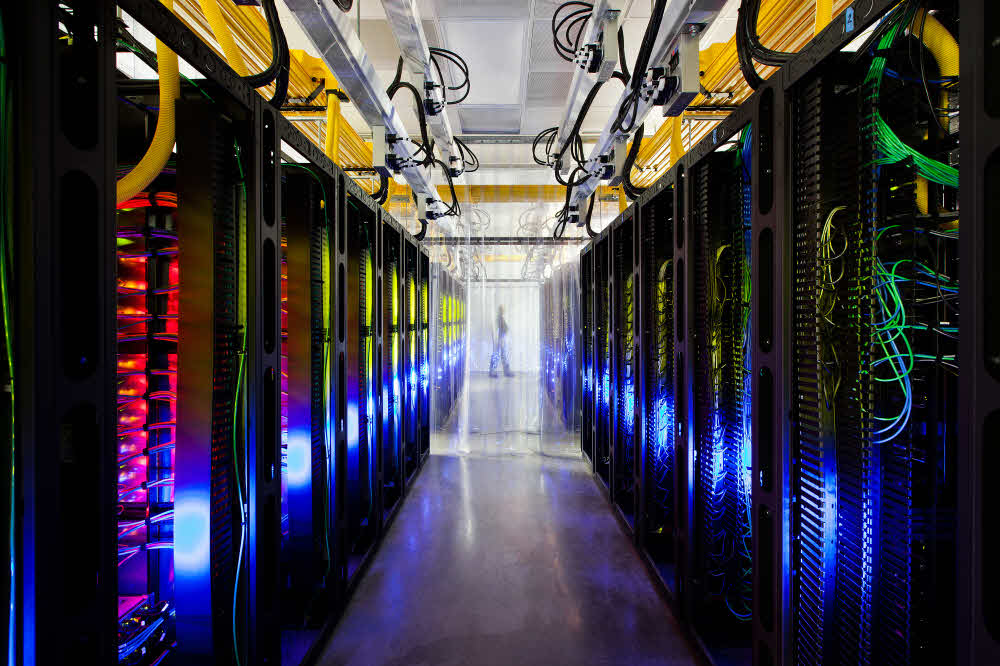
This time, the artificial intelligence is a cooling system that does not require human manual work, which is carried out automatically to the cooling system control. The data center has its own environment, so the artificial intelligence that controls the cooling system installs thousands of sensors in the data center to control and records the data center situation every five minutes. Analyze the data obtained and evaluate how various potential factors will affect energy consumption. Then Artificial Intelligence automatically executes the alternatives that are rated as most efficient. It is to operate an efficient cooling system without the human hand.
Artificial intelligence is designed to make data center operations a top priority. Unstable motion is automatically excluded at all. In addition, it does not reflect the result of artificial intelligence as it is in the cooling system, but it is compared with the internal safety constraint item in the data center defined by the data center operator. If you do not mind doing the actual cooling work through this process, AI will move the cooling system. The artificial intelligence-controlled cooling system has redundant processes that let it go through the local system, leaving room for the data center operator to intervene in AI control. Of course, the control of artificial intelligence also has various safety measures such as restoration of control again easily by man, or automatic switching to another system through fail-over if an abnormality occurs.
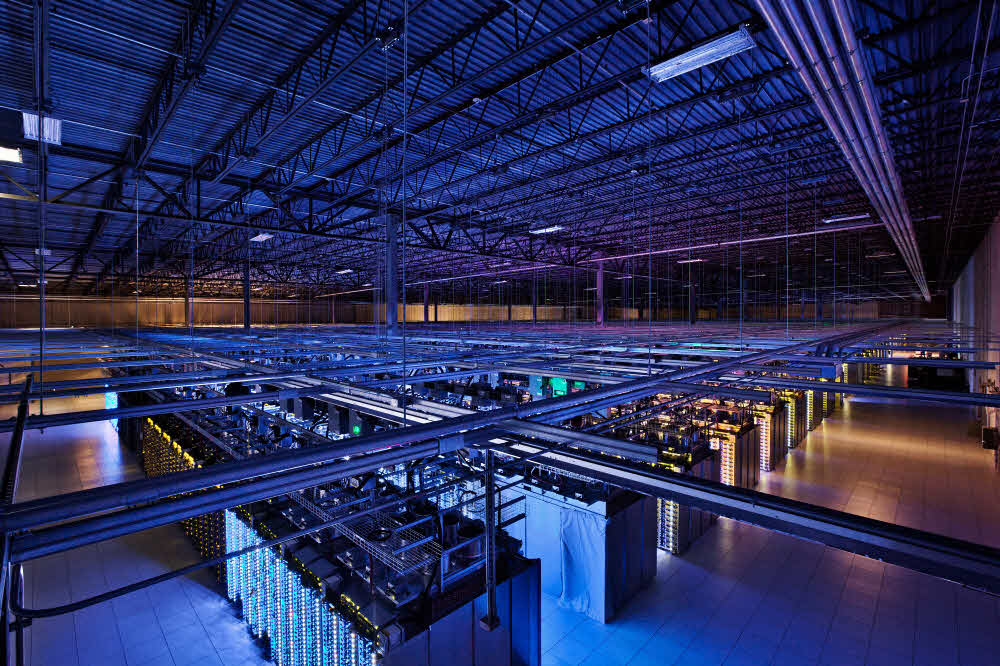
Google has introduced a new artificial intelligent controlled cooling system since last August. From the beginning, it was able to achieve 12% efficiency compared to existing methods. Of course, while continuing to operate, artificial intelligence continued to accumulate new data and improved cooling system efficiency, and as of July this year, it was 30% more efficient than before. According to Google and DeepMind, higher efficiency will be possible as the cooling system data will increase smoothly in the future.
The artificial intelligence-controlled cooling system can be a way to efficiently reduce both cooling costs and energy. Google’s data center cooling system is only the first attempt, and the artificial intelligence-controlled cooling system can be used in other industrial facilities And it can be applied to global warming measures.

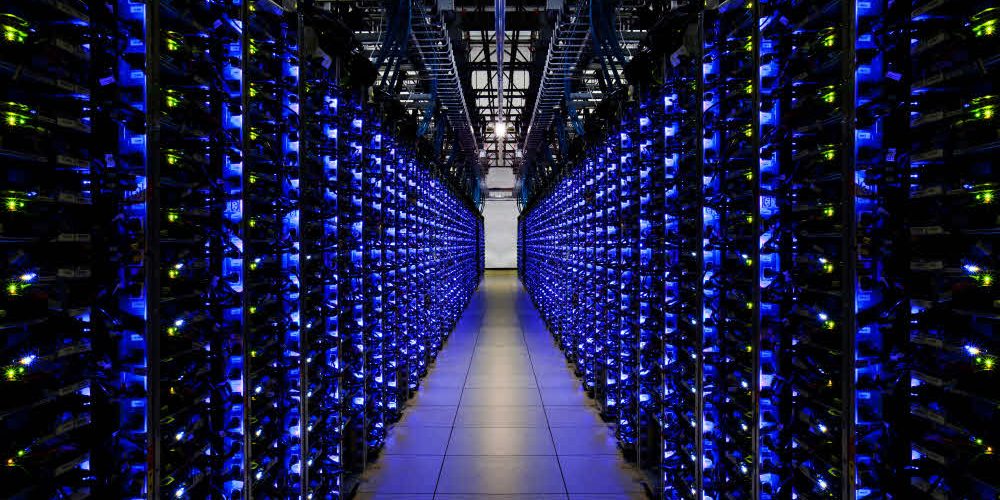
















Add comment